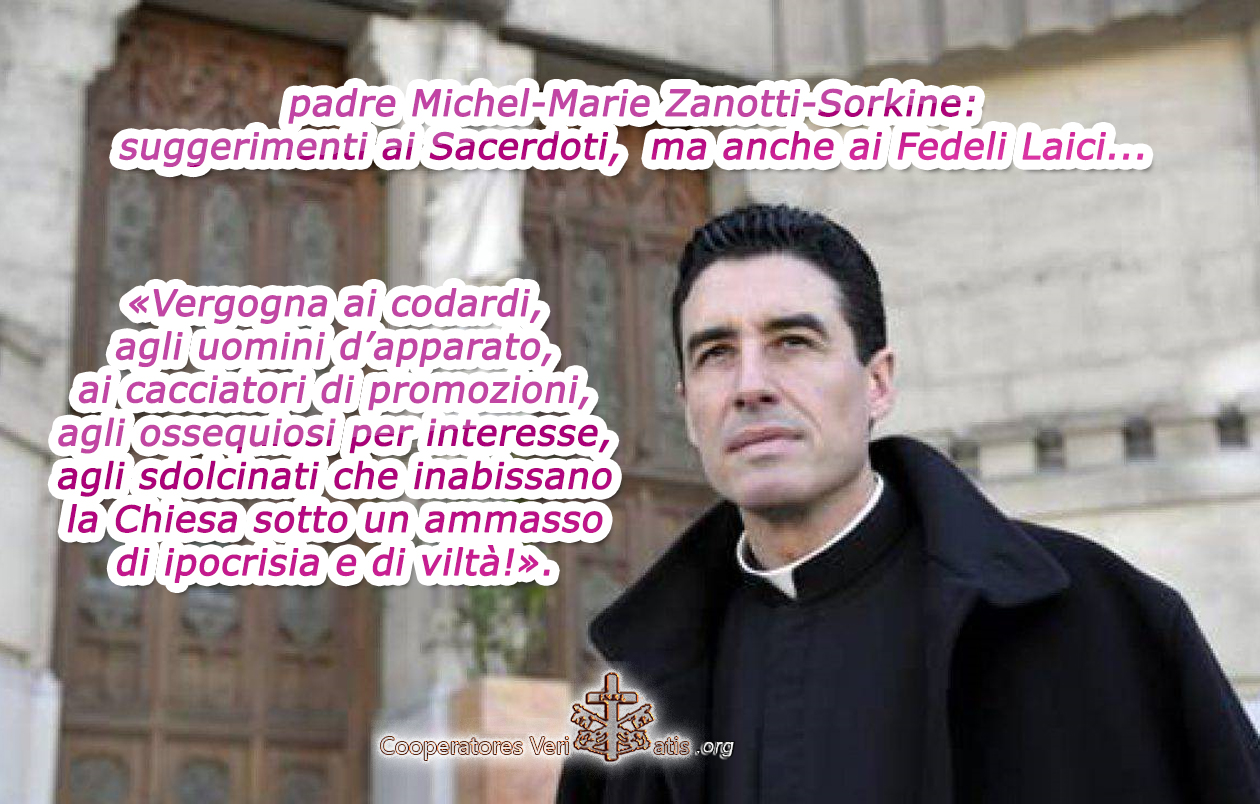My judicial philosophy: "Get it right. I think we are required to reason to a conclusion. And that's what we try to do, and to try to do it in a way that it is accessible to regular people."
The error that most people make is to be outcome oriented, judging referees according to the outcome of the game, regardless of the truth of the arbitration. That is dishonest. A good referee honestly stands by the truth of what happened and the rules of the game. That is his only job.
Call it a dispassionate adherence to the truth, the whole truth, nothing but the truth, despite your feelings about it!
The greatest line in Senator Susan Collins' speech today was "We must always remember that it is when passions are most inflamed that fairness is most in jeopardy.”
That point is made eloquently by Boethius, in prison, just before his execution, Consolation of Philosophy, I, VII, when Lady Philosophy tells him that just as a storm clouds the light of stars and turbulence obstructs vision in clear waters and rock blocks a mountain river, so he should guard against joy and fear, hope and grief, as obstacles to clearly thinking and seeing the truth. Boethius' Latin poetry is especially tasty!
Stars in the dark clouds hid
Can give no light.
When the south wind's storm
Stirs up the rolling breakers of the sea,
The wave once glass-clear
As settled days,
Now muddied with the stirred-up bottom sand
Obscures our sight.
A river wandering down the hills
Can be dammed and stopped by fallen rock
From the high crags.
You too, if you want
Clearly to see the truth
And to walk the right road straight,
Cast out joy,
Cast out fear,
Rid yourself of hope and grief.
The mind is clouded, checked,
Where these hold sway.
Nubibus astris
Condita nullum
Fundere possunt
Sidera lumen.
Si mare volvens
Turbidus Auster
Misceat aestum,
Vitrea dudum
Parque serenis
Unda diebus
Mox resoluto
Sordida caeno
Visibus obstat.
Quique vagatur
Montibus altis
Defluus amnis,
Saepe resistit
Rupe soluti
Obice saxi.
Tu quoque si vis
Lumine claro
Cernere verum,
Tramite recto
Carpere callem,
Guadia pelle,
Pelle timorem
Spemque fugato
Nec dolor adsit.
Nubila mens est
Vinctaque frenis,
haec ubi regnant.
Boethius, Tractates, de consolatione philosophiae, eds. Stewart, Rand, Tester, Cambridge, Massachusetts: Harvard University Press, 1973, 170-173,
Cardinal Ratzinger says it this way: "[R]elinquishing truth doesn't solve anything but, on the contrary, leads to the tyranny of caprice. In that case, the only thing that can remain is really what we decide on and can replace at will. Man is degraded if he can't know truth, if everything, in the final analysis, is just the product of an individual or collective decision.
"...[H]ow important it is that we don't lose the concept of truth, in spite of the menaces and perils that it doubtless carries with it. It has to remain as a central category. As a demand on us that doesn't give us rights but requires, on the contrary, our humility and our obedience and can lead us to a common path."
Joseph Ratztinger, Salt of the Earth, San Francisco: Ignatius, 1997, 67.






























